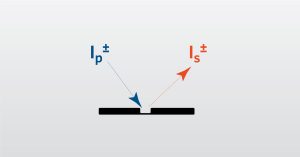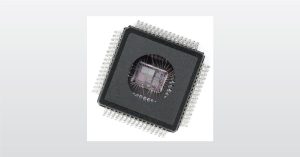
From Rock to Rare Series: Part 1 – Mining
Part one of a four-part series on Rare Earth Elements (REEs). In Part one, we explore mining of rare earth elements and why a purity survey is needed.
Home » Frequently Asked Questions About In Vitro Irritation and Cytotoxicity Testing
Biocompatibility assessments are a battery of tests performed to evaluate a product, medical device, or other material for the risk of biological hazards. The first test performed is typically a cytotoxicity evaluation. This is done by preparing an extract of the sample to treat a monolayer of healthy mammalian cells in vitro. Results of this assay can indicate the potential toxicity risk a product carries without testing on animals.
Irritation is a localized non-specific inflammatory response to a single, repeated, or continuous application of a substance or material. The in vitro irritation test involves an extraction in physiologically relevant solvents. These extracts are applied to a reconstructed human epidermis model which contains the major layers of cells that are found in a true human epidermis. Death of the cells in this model after exposure to the extracts collected from a product indicate that an irritating substance was leached off the material and poses a risk of adverse reactions in the end user.


Part one of a four-part series on Rare Earth Elements (REEs). In Part one, we explore mining of rare earth elements and why a purity survey is needed.

In this webinar we will focus on Dynamic Secondary Ion Mass Spectrometry which used to investigate the elemental structure of materials.

III-V materials partially provide us with the ever evolving and changing technological advances we enjoy today.

In this webinar we introduce Microelectronic Component Product Qualification to understand and consider component reliability.
To enable certain features and improve your experience with us, this site stores cookies on your computer. Please click Continue to provide your authorization and permanently remove this message.
To find out more, please see our privacy policy.